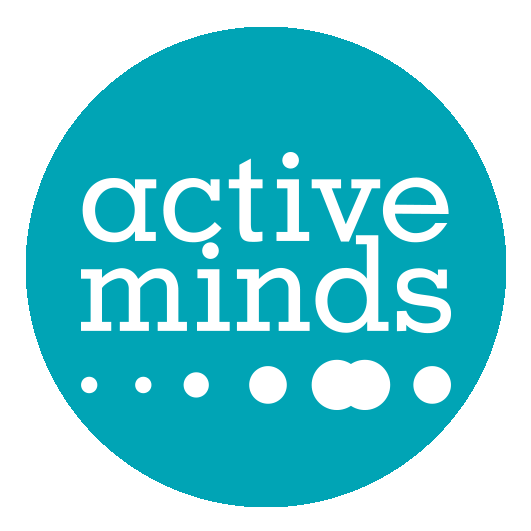It’s that point in the semester again. The pages of your agenda are filled with due dates of midterms, papers, and group projects. The amount of hours you sleep dwindles and the cups of coffee you consume skyrocket. You manage to go to your 9 am lecture while running on four hours of sleep and are greeted by your friends. You compare how many hours you slept and one of your friends states he/she pulled an all nighter. The automatic responses such as “Wow, I couldn’t do that!” and “Good for you!” make you second guess closing your textbook and turning off your laptop so you could sleep for a couple of hours before class.
Is this uncommon? No.
Is this unhealthy? Yes.
There is no question that college students glamorize all-nighters as a sign of “dedication to school” and “what separates an A versus a B student”. However, this strain could jeopardize your wellbeing and happiness. It isn’t easy to focus on taking care of your mental health in a culture that describes constant productivity as a measurement of success.
So how can you start to prioritize your mental health over grades?
Schedule time for self-care
Just like you schedule time to attend lectures and office hours, you can develop a self-care routine during the school week. It can be simple five minute periods throughout the day or an entire block of time- whatever is the easiest for you!
Some ideas include:
- Practice mindfulness exercises in the classroom such as senses all around and deep breathing
- Take a hike with a friend
- Get lunch with a classmate
- Talk to your parents, friends, or a significant other
- Get eight hours of sleep
- Volunteer at a local animal shelter
- Write in a journal
- Attend an Active Minds meeting
Take a step back when things gets too overwhelming
It is okay to recognize that during college there are times when everything seems too overwhelming. Don’t be afraid to talk to professors about assignment extensions or extra help. They want you to succeed and often times are flexible when you express interest in the class. It’s better to turn in an assignment late than to try to push yourself beyond your limits.
Don’t be afraid to reach out to resources
It is okay to reach out for the help you deserve. College campuses offer resources such as disability and counseling services to help the student population. Making a habit to attend individual and/or group therapy is a great way to prioritize your mental health. Also, counseling services on campuses commonly offer workshops and groups regarding stress management, test anxiety, and healthy lifestyle habits. If you are unsure about attending workshops alone- take a friend! This is a great way to discuss stress management and trade tips!
Recognize your wellbeing is more important than a grade
When I was really struggling with my mental health during my freshman year of college I noticed a severe drop in my grades. Instead of prioritizing my mental health by practicing self-care and utilizing resources I attempted to ignore my struggles, took on a more strenuous course load, and tried even harder in my classes In reality, my performance decreased even further. For the longest time I only associated my self-worth with my grades. After making the decision to go to counseling and psychological services and addressing my mental health concerns, I finally recognized the importance of taking care of my mental health as a college student. After a couple of semesters in college I was able to change my unhealthy mentality.
Your worth as a human being is not solely dependent on an exam score. It never will be. Sometimes you need to consciously remind yourself this throughout the semester.
Even though you attend college, you are more than a student.
Recognize you are a multifaceted person with strengths, values, and aspirations. For example- I am a daughter, sister, volunteer, baker, dog-lover (cats are cool too), hiker, coffee enthusiast and future mental health professional. Taking the time to introspect and recognize aspects of yourself beyond your role as a student is extremely beneficial.
It can be hard at the end of a midterm week to not evaluate yourself solely on how your research paper compared to the class average or how many times you participated in a class discussion. Sometimes it’s easier to evaluate yourself on your transcript than taking the time to look a little deeper.
It’s okay- take the time.
You are worth it.




